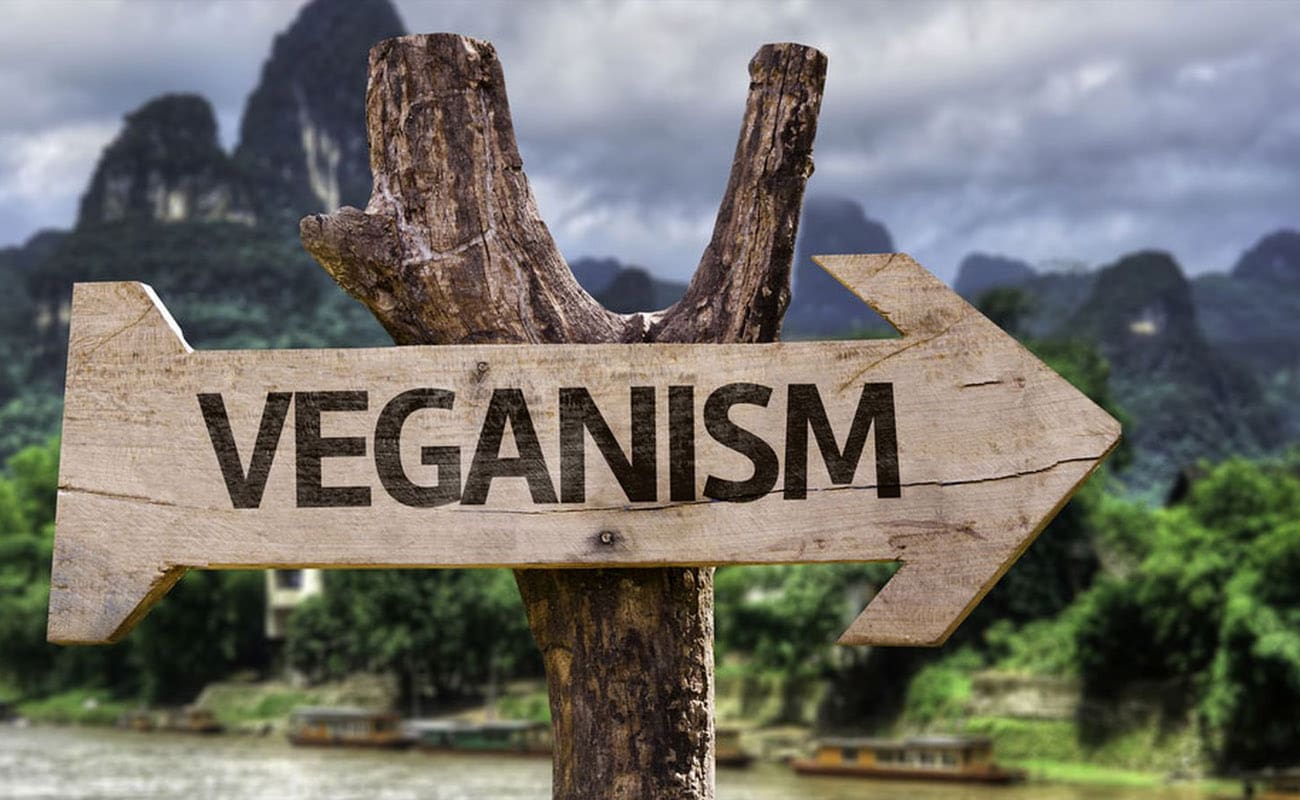Sustainable Eating focuses on creating a food system that supports long-term ecological balance, animal welfare, and human well-being. At its core, it encourages reducing dependence on animal-based products and embracing plant-based diets that require fewer natural resources and generate less environmental harm.
This category examines how the food on our plates connects to broader global issues such as climate change, land degradation, water scarcity, and social inequality. It highlights the unsustainable toll that factory farming and industrial food production take on the planet—while showcasing how plant-based choices offer a practical, impactful alternative.
Beyond environmental benefits, Sustainable Eating also addresses issues of food equity and global food security. It examines how shifting dietary patterns can help feed a growing population more efficiently, reduce hunger, and ensure fairer access to nutritious food across diverse communities.
By aligning everyday food choices with sustainability principles, this category empowers people to eat in a way that protects the planet, respects life, and supports future generations.
Discover how your food choices can create a ripple effect of compassion and sustainability. A vegan diet goes beyond personal health—it’s a powerful way to stand against animal cruelty while promoting ethical living and environmental care. By opting for plant-based meals, you reduce the demand for animal exploitation, support kinder practices, and help protect the planet’s resources. This article uncovers the deep connection between veganism and animal welfare, highlighting its ethical roots, environmental impact, and potential to inspire a more compassionate society. Explore how eating with intention can shape a better future for all living beings


























































